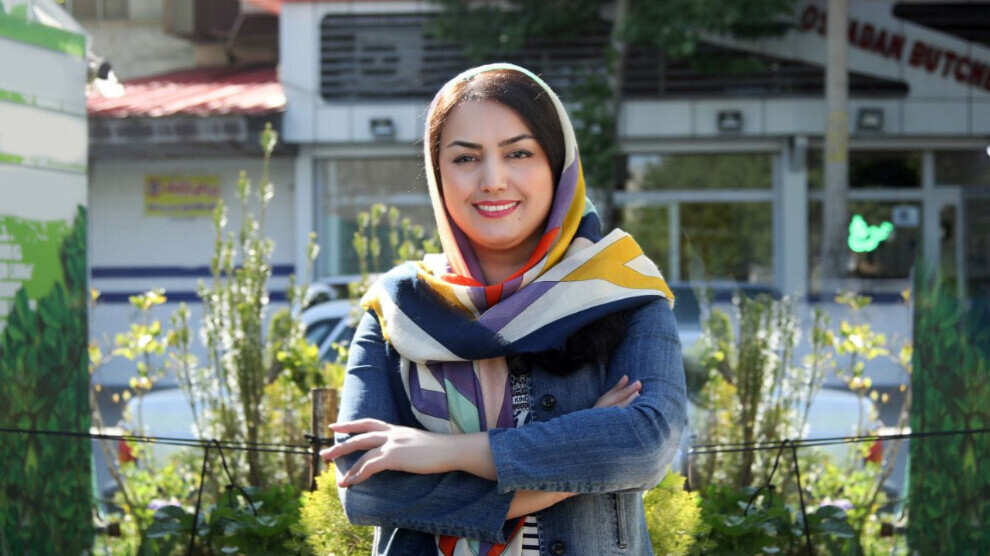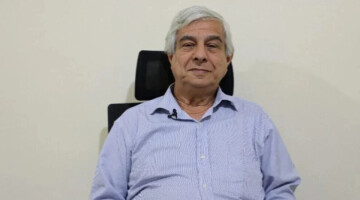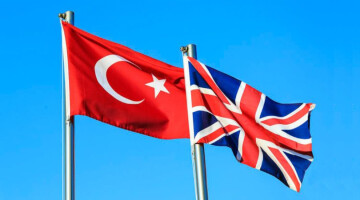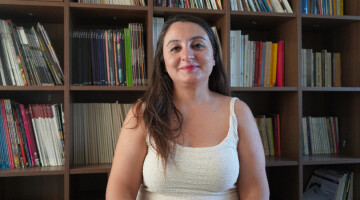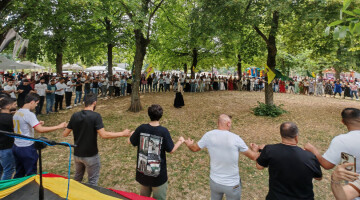Born in the city of Urmia in Rojhilat (Eastern Kurdistan), Sayime Xakpûr writes, translates and studies the Kurdish language and literature. Xakpûr has translated and published many Kurdish books into Persian, which focus on the voice of Kurdish society, its history and the situation in the Middle East from the last century to the present, as well as the resistance of Kobanê. The Kurdish author also writes short stories and has recently published a detailed study on the life of an East Kurdish female singer named "Iran Hanım".
In an interview with ANF, Xakpur said that the Kurdish literature was one of the richest literatures in the world. She remarked that most of the authors in the world consider themselves responsible for keeping the language, literature and culture of their people alive, adding that authors carry the burden of their societies.
Rojhilat is an inseparable part of Kurdistan
Xakpûr pointed out that Rojhilat was an inseparable part of Kurdistan as the cradle of Kurdish culture, art and literature. She continued: “Linguistic, cultural, artistic and literary studies are conducted in interaction with each other from Hewramî, Kelhurî, Lekî, to Makû, Selmas, Kalaxwe Îlam, Kirmanshah, Urmia and Khorasan. As a person from Kurdistan, I see a very bright future for the Kurdish culture, language and literature. In the contemporary world, interest in literature, culture and art has also increased as human communication has expanded, especially through social networks and the media. There has been great awareness within society.”
Resistance against assimilation
Xakpûr concluded: “The Kurdish literature has been under isolation for years and most of the Kurds are unaware of such a literary treasure. There are studies against assimilation policies and there is a strong resistance against assimilation.”

